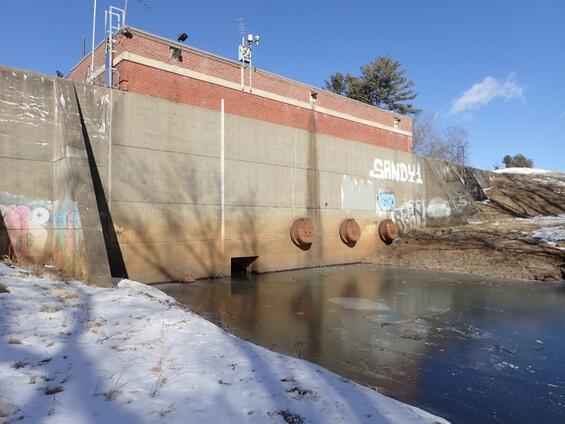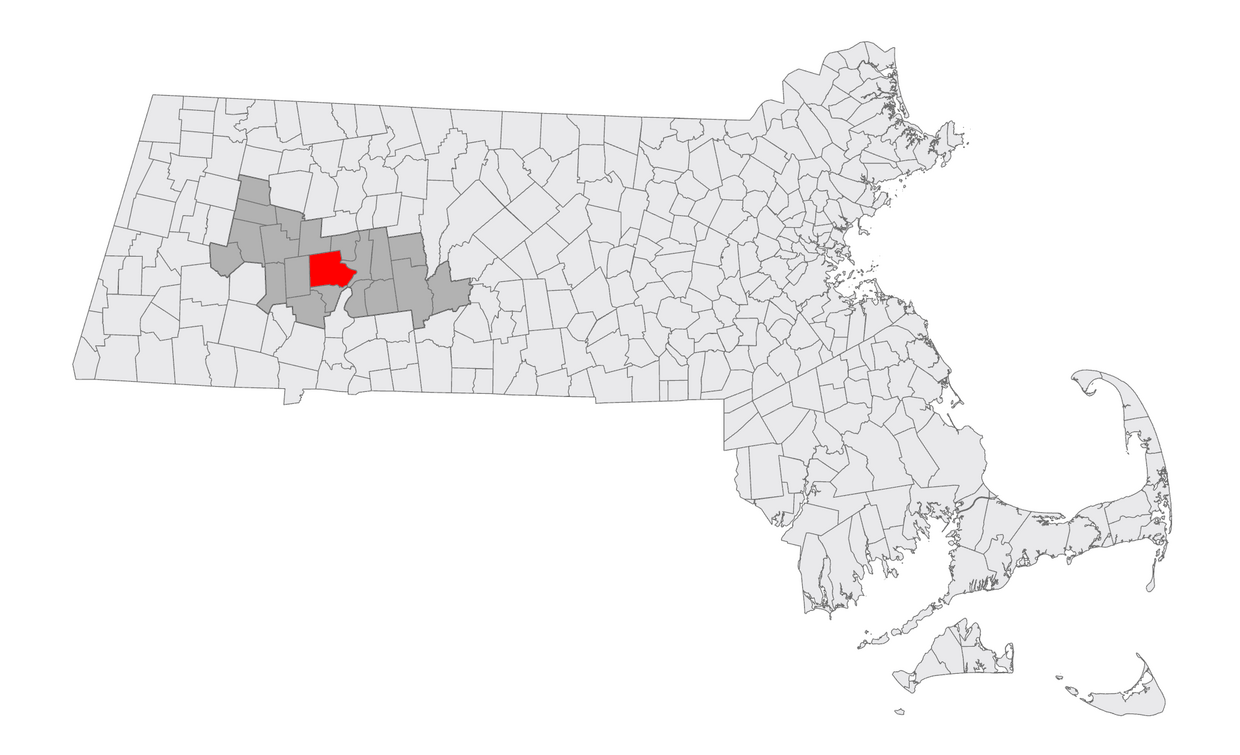Overview
Northampton is a town in Hampshire County, Massachusetts, in the western part of the state. They have a population of 29,370 people and an area of 34.2 square miles. Climate hazards present in Northampton include inland flooding, extreme temperatures, drought, severe Weather, hurricanes/tropical storms, and severe winter storms.
Northampton's Core Team
The MVP 2.0 Core team is a group of municipal staff and Community Liaisons who work together to identify local climate resilience priorities and implement a project that supports those priorities.
Northampton's Community Liaisons include representation from:
- Mobility, Senior Center
- Housing Authority
- Council on Aging
Northampton's Core Team includes municipal representation from:
- Northampton, Health & Human Services
- Senior Services
- Librarian
- EMS
- Parks & Rec
Northampton's MVP 2.0 Seed Project: Fresh Food Delivery Program
Northampton received funding to implement a Seed Project that addresses one or more of their climate resilience priorities. In collaboration with food access organizations, they aim to improve food security by piloting a fresh food delivery program for eligible residents. Additionally, the City plans on pursuing a community garden space at a housing authority site.
Northampton's Action Grant Projects
The MVP Action Grant provides funding to communities that want to take important steps to prepare for climate change, such as dealing with extreme weather, flooding, rising sea levels, and extreme heat.
Northampton Designs with Nature to Reduce Storm Damage (FY18)
Northampton Designs with Nature to Reduce Storm Damage designed green infrastructure to detain, retain, and treat stormwater using nature-based solutions. Site analysis wad done on ten opportunity sites on public land that were already identified and prioritized based on harm/vulnerability reduction and stormwater benefits. Nature-based solutions used restored and enhanced natural system design (e.g., stormwater depressions, rain gardens, and infiltration trenches, floodplain fill removal, wetlands restoration and replication, and open bottomed culverts).
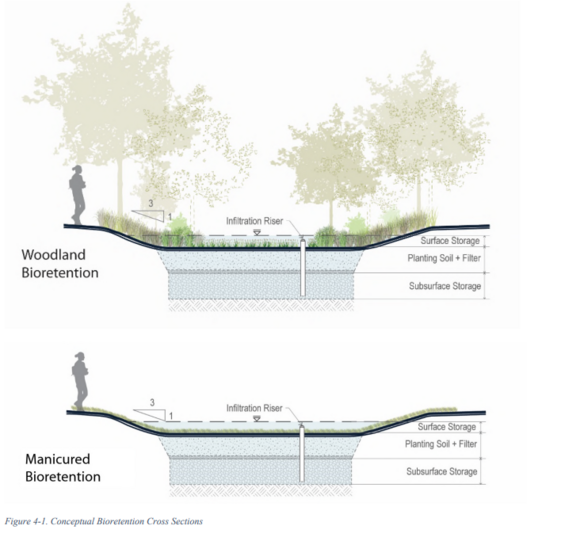
Protecting Downtown: Northampton’s Flood Control Levees (FY19)
The project provided the field work, borings, analysis, and engineering necessary to identify what upgrades are necessary so the flood control levees protecting downtown Northampton can withstand floods from the Connecticut River and the Mill River.
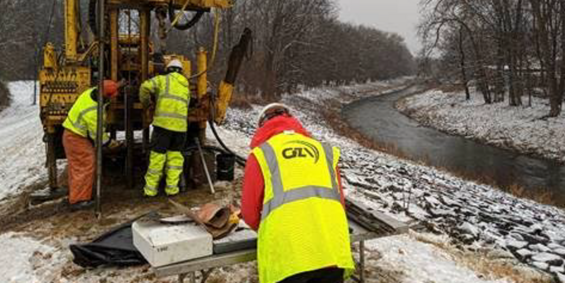
Restoring the Pine Grove Golf Course for Climate Resiliency (FY20)
The City of Northampton procured the 105-acre Pine Grove Golf Course in the spring of 2019 and seeks to restore an adjacent brook’s natural hydrology through a combination of targeted reforestation, soil aeration, removal of anthropogenic drainage features, and the development of a masterplan for the future restoration of wetlands and stream channels.
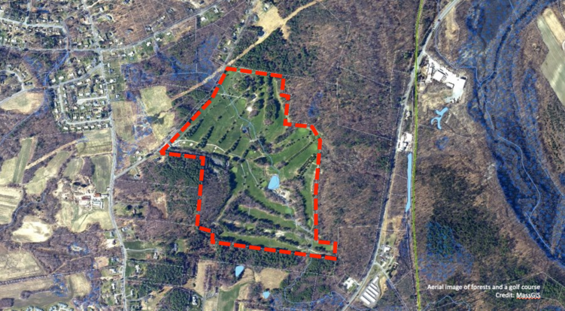
Climate Resilient Downtown Affordable Housing (FY23)
Northampton created climate resilient housing with a miniscule carbon footprint for their most climate vulnerable populations. This project advanced through design and permitting. The project entailed deep public engagement with diverse stakeholders and those with lived experience. Tasks included creating schematic plans and programs, design development, and construction drawings.
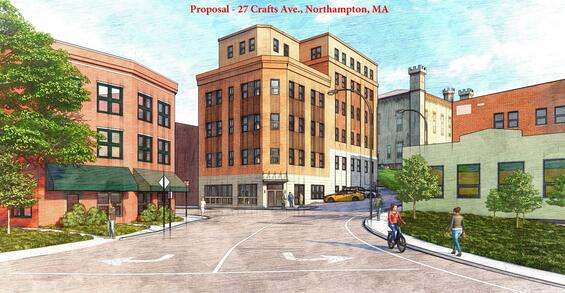
Northampton Critical Infrastructure Flood Resiliency Project (FY25)
The Northampton Critical Infrastructure Flood Resiliency Project aimed to upgrade the Hockanum Pumping Station in accordance with up-to-date climate change data and dredge the Historic Mill River to bolster critical infrastructure resilience and safeguard low-lying EJ communities. The pump station is still utilizing original equipment that has surpassed its reliable service life. The upgrades will ensure reliability and enhance overall resiliency. The Historic Mill River provides stormwater storage upstream, and the dredging work will restore the maximum capacity that previously existed.
